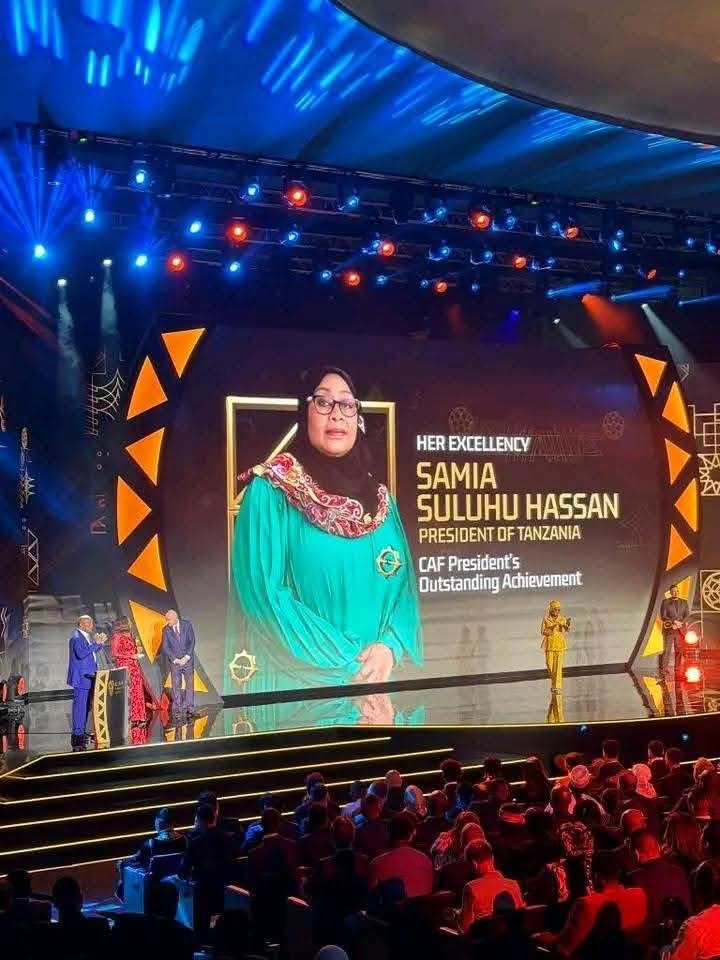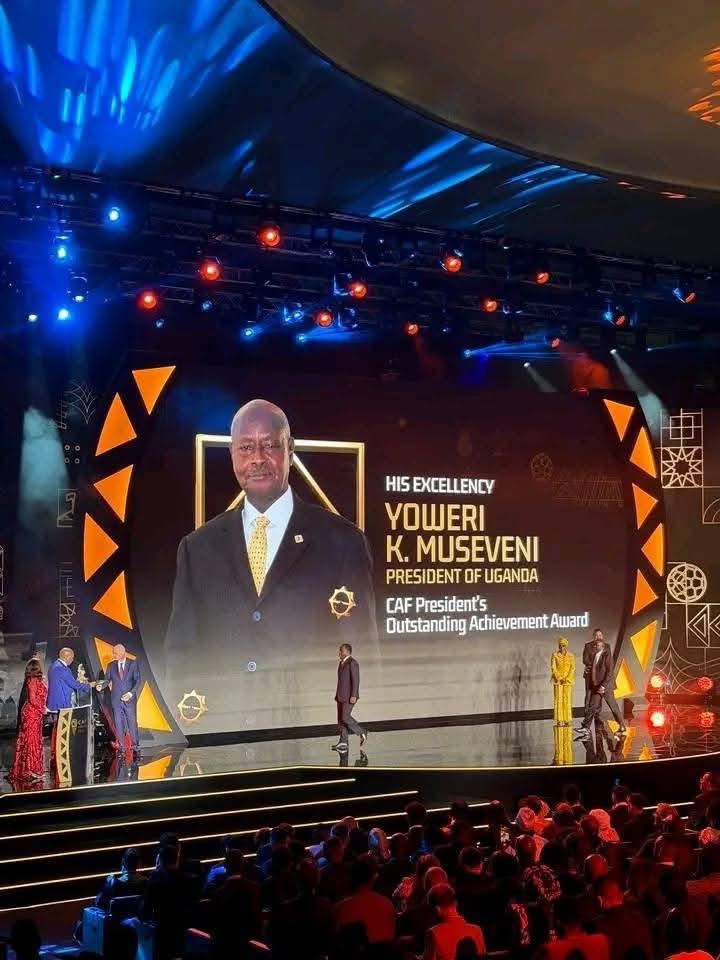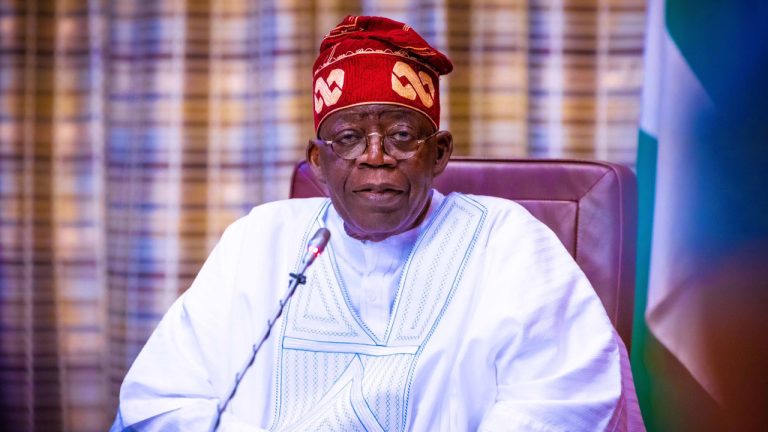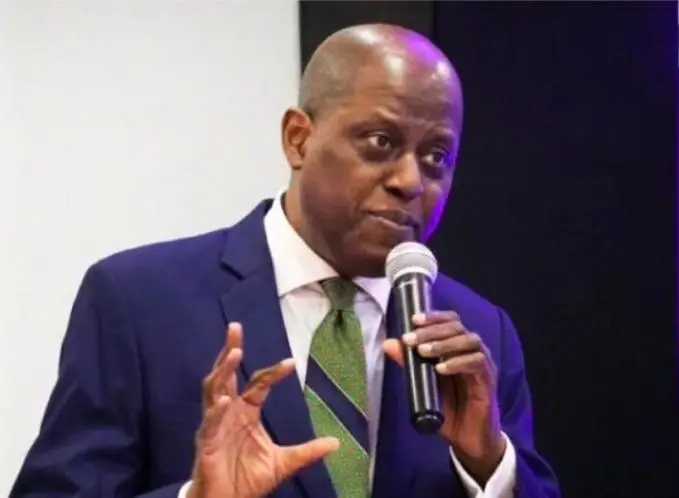SPOTLIGHT FEATURE
In an industry where fleeting moments often define fleeting fame, Yvonne Jegede stands as a testament to resilience and timeless appeal. Her journey through Nollywood’s ever-evolving landscape spans two decades an enduring flame that persists with unwavering brightness.
As she commemorates this remarkable milestone, Yvonne is entering a new phase marked by deliberate reinvention and renewed purpose. Her evolution reflects a commitment not only to her craft but also to leveraging her platform for meaningful causes. In an arena where many flicker out before leaving a lasting impression, Jegede’s steady rise reaffirms her status as a resilient icon, embodying growth, authenticity, and influence in equal measure.
A JOURNEY ANCHORED IN GRATITUDE
Two decades ago, a young and curious Yvonne walked into Nollywood with nothing but talent, faith, and the fire to prove herself. Today, she looks back on that early version of herself with profound gratitude.
She has seen colleagues rise, fall, and disappear from the scene far too soon. Yet she remains relevant, resilient, and deeply appreciative of the grace that held her through every season.
“I feel fulfilled. Grateful. Loved. I’m still here, still evolving and that’s a blessing.”
BECOMING HER MOST EVOLVED SELF
Every era of her career has peeled back another layer: the actress, the mother, the entrepreneur, the humanitarian. Yvonne has grown into her power slowly and intentionally, embracing the beauty of transformation.
Her greatest victory, she admits, is discovering the strength to shed, rebuild, and rise again and again.
A MESSAGE TO THE GIRL WHO STARTED IT ALL
If she could whisper in the ear of her younger self, the message would be simple but profound:
“Don’t rush. Excellence takes time. The industry will wait for you.”
It’s a reminder born from experience a mantra shaped by two decades of triumphs, losses, pauses, and breakthroughs.
THE REBIRTH OF A WOMAN WHO HAS ALWAYS BEEN BECOMING
This anniversary marks more than a milestone. It is a rebirth.
Having entered the industry at a tender age, Yvonne sees the past 20 years as a long, winding journey of self-discovery one that has finally unveiled the confidence to step into every version of her identity.
Now, she introduces two new ventures:
• A corporate investment & consulting company, tailored to creatives
• A humanitarian foundation, built on years of private philanthropy
Both projects reflect passions she has nurtured quietly behind closed doors—until now.
THE QUIET HUMANITARIAN WHO CAN NO LONGER REMAIN QUIET
Many don’t know the depth of her humanitarian work. For years, Yvonne single-handedly sponsored the education and welfare of numerous children including 18 she adopted as her own.
She kept her efforts out of the public eye, protecting the children from attention and allowing them to grow without stigma.
But today, the mission has become too expansive for one woman alone.
To reach thousands more, she is formalizing her foundation and calling on like-minded partners.
“The next generation is our future. If we fail them, we fail ourselves.”
A MISSION DEEPLY ROOTED IN IMPACT
Her foundation’s goals reflect both urgency and compassion:
• Educate 5,000 children within the next five years
• Empower 100 single parents with sustainable businesses in two years
• Intensify community awareness around sickle cell anemia
One story in particular shaped her resolve: an elderly grandmother caring for twin children Yvonne helped support. The transformation in the woman—physically, emotionally, spiritually was profound.
“Impact can restore more than hope it can restore people themselves.”
SCALING FOR GREATER IMPACT
With larger dreams comes the need for structure partnerships, community outreach, funding systems, and sustainable programs.
“It’s no longer ‘Yvonne and her children.’ It’s bigger now.”
USING CELEBRITY FOR PURPOSE, NOT PERCEPTION
Yvonne intends to use her platform with intentionality moving forward.
Her next era is about influence that changes lives, not trends.
“The next 20 years are about purpose, impact, and evolution.”
A BOLD PIVOT INTO CORPORATE INVESTMENT & CONSULTING
Her leap into consulting may surprise some, but the seeds were planted long ago.
Years of observing creatives gifted, hardworking, yet financially vulnerable sparked a determination in her to change the narrative.
“We can’t keep watching celebrities enjoy fame and retire into poverty. Something must shift.”
Her company will focus on helping creatives understand wealth-building, smart investment options, and realistic financial planning based on their real income, not social media expectations.
FILLING A GAP THE INDUSTRY HAS IGNORED FOR TOO LONG
From workshops to investment fairs and financial literacy programs, her consulting outfit aims to be a lifeline for actors, musicians, influencers, and creatives navigating an industry with no pension structure and immense pressure to maintain appearances.
“Charity begins at home. We start with our industry.”
TWO VENTURES, ONE PURPOSEFUL WOMAN
Though her humanitarian and corporate projects seem worlds apart, they are both pieces of her truth two sides of the woman she has always been.
She simply waited for the right moment to reveal them.
THE LEGACY SHE IS BUILDING, ONE LIFE AT A TIME
Legacy is her compass now.
Her questions are big, bold, and deeply human:
“How many lives will I touch? What difference will I make? What will I leave behind?”
KNOWING WHEN TO PAUSE, WHEN TO BREATHE
With so many roles mother, actress, entrepreneur, philanthropist, Yvonne has learned the power of stepping back.
“If you don’t know how to say no, you will suffer.”
Boundaries are part of her survival, and part of her brilliance.
THE NEXT 20 YEARS: VIBRANT, COLORFUL & INTENTIONAL
Ask her what the future holds, and her smile says it all.
“More colorful years. More joy. More life.”
The world is about to meet a version of Yvonne Jegede it has never truly seen the woman she has been quietly becoming for two decades.
WHAT SHE HOPES TO BE REMEMBERED FOR
The answer is soft, steady, and rooted in heart:
“My legacy. And my passion for humanity.”
Twenty years down, a lifetime of purpose to go.
And Yvonne Jegede is only just beginning.























